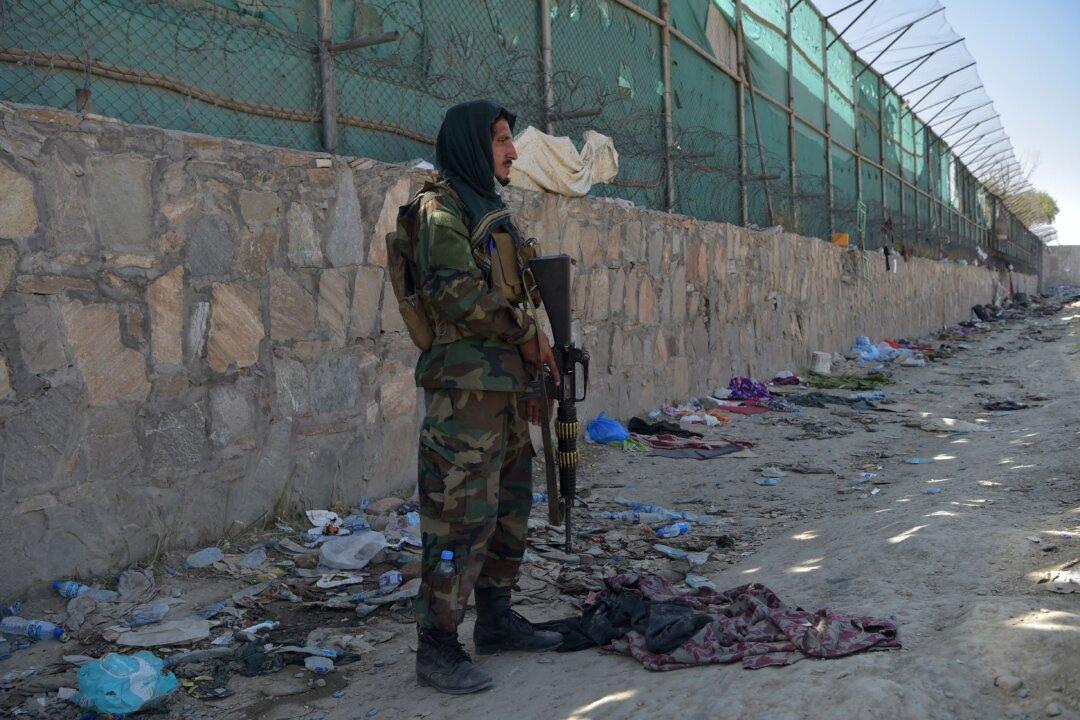Commentary
As we try to understand what happened on Aug. 26 at the Kabul airport with the American loss of life, some disturbing facts are coming to light.

As we try to understand what happened on Aug. 26 at the Kabul airport with the American loss of life, some disturbing facts are coming to light.